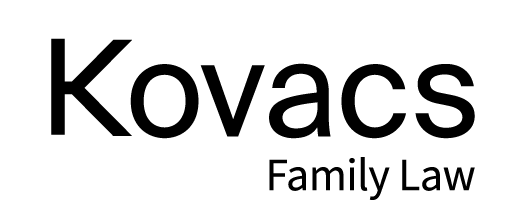You may have heard the term alimony to describe payments made from one spouse to another after a separation. In British Columbia, this is referred to as spousal support.
Spousal support may be required following the end of a marriage or a marriage-like period of cohabitation. Its purpose is to provide financial assistance from one spouse to the other based on the circumstances of the relationship.
The first step in any spousal support assessment is to determine whether one spouse is entitled to receive support. If entitlement exists, the next questions are how much support should be paid, and for how long.
There are three potential bases for spousal support:
- Compensatory support. Intended to address economic disadvantages or contributions during the relationship. This may apply if one spouse gave up career opportunities to care for children or to support the other’s career.
- Non-compensatory support. Based on financial need after separation, where one spouse is in need and the other has the ability to pay.
- Contractual support. Based on the terms of a separation or marriage agreement made between the spouses.
One or more grounds may apply, but they are not cumulative—multiple grounds do not increase the total support amount.
If entitlement to spousal support is established, and the spouses have not reached an agreement, the amount and duration of support are typically assessed using the Spousal Support Advisory Guidelines.
Key factors considered include:
- The income and financial situation of each spouse
- The length of the relationship
- The roles each spouse played during the relationship
- Whether one spouse requires education or training to become self-sufficient
- The presence and care of children
The Spousal Support Advisory Guidelines, developed by law professors at the request of the Department of Justice of Canada, are not law but are widely used by courts in British Columbia as a framework for determining appropriate support.
If you have questions about your entitlement to spousal support—or whether you may be required to pay—it’s important to seek personalized legal advice. We can help you understand your rights and obligations, and support you in negotiating a fair resolution.
Please contact Kovacs Family Law today at 604-642-6362 or complete our online form to schedule a free consultation.
